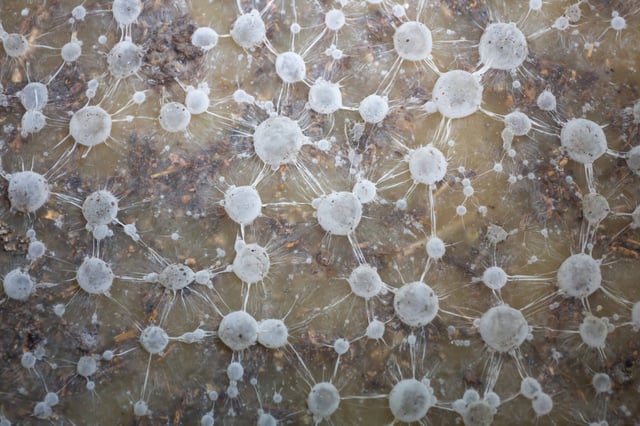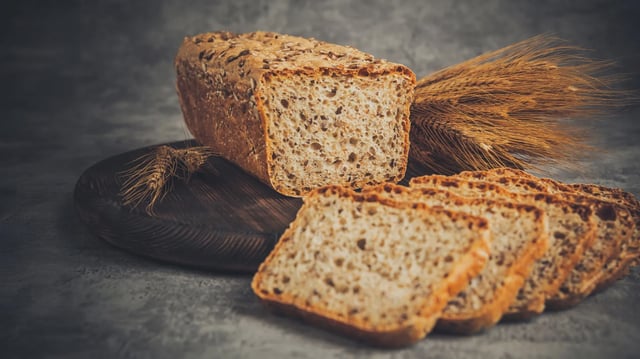Overview
- Expanded trials on eight Australian bread wheat varieties confirmed that commercial inoculation with Rhizophagus irregularis increased grain size and elevated phosphorus, zinc and iron concentrations.
- The added phosphorus did not raise phytate levels, leading to higher estimated bioavailability of zinc and iron in the grain.
- Fungus-treated plants maintained standard yield targets under typical phosphorus fertilizer regimes, indicating no agronomic trade-offs.
- Researchers propose scaling mycorrhizal inoculation as a sustainable biofortification method to reduce chemical fertilizer use and combat global micronutrient deficiencies.
- The University of Adelaide’s planned merger with the University of South Australia is set to expand capacity for agricultural and nutritional research.


